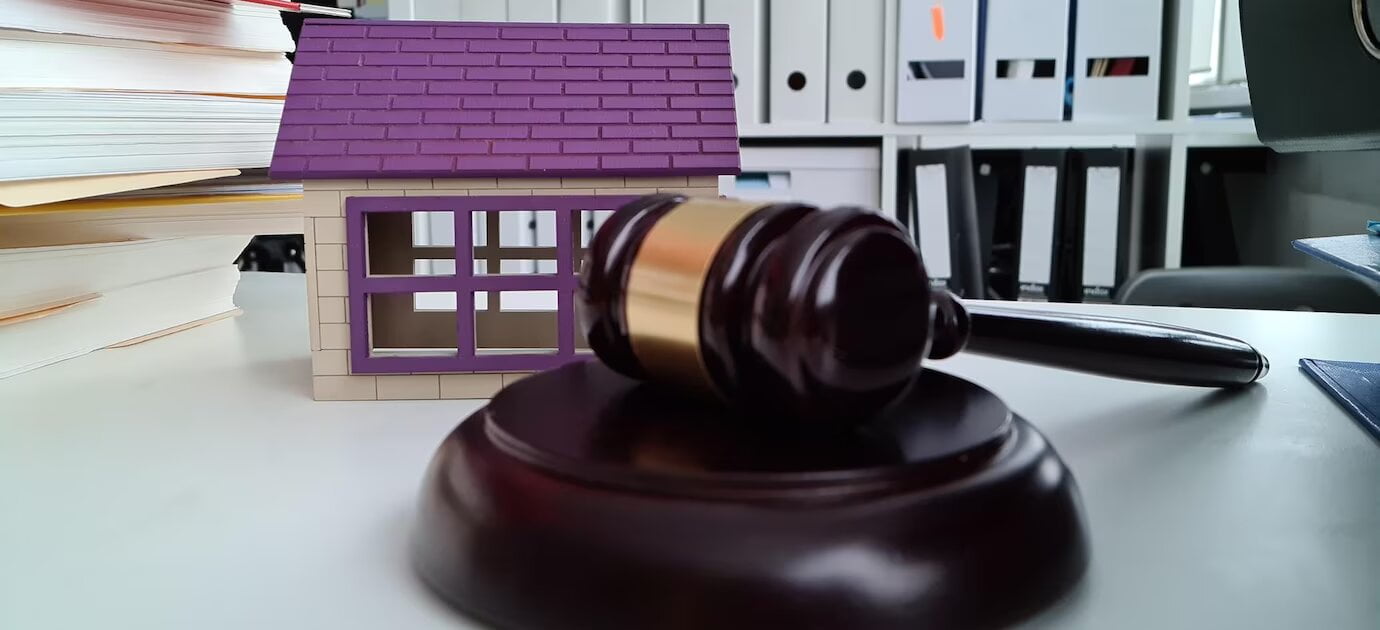5 Common Real Estate Disputes & How To Solve Them
by Abdul Aziz Mondal Real Estate 15 April 2023

Real estate disputes can occur due to a multitude of reasons. It often occurs between different parties involved in the transaction of a property.
There are multiple types of real estate disputes where the buyer, seller, agent, or broker is involved, failing to uphold their promise or practicing honesty during property transfer. For example, in a brokerage dispute, a broker can disservice the client by upholding their own gain over the client’s and getting involved in unethical practices.
These disputes can result in lengthy court battles, loss of money, and peace of mind. You should know these five common real estate disputes to avoid such situations.
Breach Of Contract
While purchasing, selling, or leasing a property, a contract is drawn that both parties agree to. This contract carries certain limitations, rules, and promises to which both parties must adhere. These conditions can be the owner promising repair or the tenant promising not to make any changes to the property, and many other similar conditions and clauses. In case any of the parties involved fail to keep the promise and violate the terms of the contract, it is considered a breach of contract.
Real Estate Fraud

Fraud is common in every industry and can happen to anyone who’s not prudent. When a property is presented in a way that is not accurate or matches the actual picture for financial gain, it is considered real estate fraud. A dishonest owner, seller, broker, or real estate agent can commit fraud if the other party is not cautious enough. False property representation is the most common type of real estate fraud dispute.
Property Line Dispute
This dispute occurs between the owner and the neighbor over the boundary line separating their respective properties. It is one of the most common types of disputes often seen daily. With time, it often becomes difficult to determine the property line, and sometimes it is not even noted or registered. That is why, before purchasing a property, it is better to clearly define and establish the property line to avoid getting into a dispute with the neighbors.
Co-Ownership Dispute
Multiple parties often own some properties, or a claim to own a single property can be made by multiple parties. If all co-owners disagree to a certain extent, it can lead to a co-ownership dispute. When co-tenants, joint tenants, or partners disagree on something related to the property, it can result in a longstanding dispute and even a complicated legal battle. Such battles often favor the co-owner, who pays more than their share of property expenses.
Breach Of Duty Dispute
An agent or broker must perform specific duties during a property transaction. They owe their client a duty of care. When there is a breach of duty, a client can be affected in many ways, including getting a lousy deal, being misguided about the property’s condition, and omitting crucial information on purpose. To avoid a breach of duty, a real estate agent or broker must prioritize their client’s best interest over their own. They should keep all information related to their client confidential and keep their client informed about the ongoing developments in a property transaction. Suppose the agent fails to provide any crucial information to their client to avoid getting the transaction delayed and to receive a commission. In that case, they have violated their duty, also known as a breach of duty dispute.
Conclusion
A real estate dispute can be time-consuming, expensive, and a huge hassle. You can avoid such disputes by choosing the right agent or brokerage company, as some disputes are inevitable and unforeseeable, like brokerage disputes. Well, in that case, you consult a brokerage disputes expert witness.
Additionals:



































































































